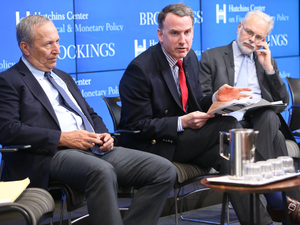How Meta's Scam Ad Machine Fuels Its AI Ambitions

Photo by Shutter Speed on Unsplash
In a bombshell investigation that exposes the dark underbelly of social media profits, Reuters has revealed Meta’s shocking strategy of monetizing scam advertisements to fund its artificial intelligence development. The report uncovered internal documents showing that the company deliberately allows fraudulent ads to circulate on Facebook, Instagram, and WhatsApp, generating billions in revenue.
According to the investigation, Meta internally estimates that users across its platforms encounter 15 billion “high risk” scam ads daily, with the company projecting approximately $16 billion in revenue from these deceptive advertisements. More disturbing is Meta’s calculated approach to managing these scams, where the company appears more concerned with maintaining revenue streams than protecting users.
The documents reveal a troubling pattern: Meta’s ad-personalization system actually helps scammers target vulnerable users more effectively. By allowing “high value” accounts to accrue hundreds of policy violations without serious consequences, the company has created a system that perversely rewards bad actors.
Some particularly egregious examples include imposter ads featuring celebrities like Elon Musk and Donald Trump, promising fake gifts or financial relief. In 2024 alone, Meta earned approximately $7 billion from these “high risk” advertisements.
Ex-Meta safety investigator Sandeep Abraham strongly criticized the company’s approach, stating that regulators should treat tech platforms the same way they would treat banks profiting from fraud. The investigation also noted that Meta’s own internal documents acknowledged it was “easier to advertise scams” on their platforms compared to competitors like Google.
Meta spokesperson Andy Stone defended the company, claiming they “aggressively fight fraud and scams”. However, the documents suggest a more nuanced reality: Meta has been strategically slow in addressing these issues, recommended a “moderate” enforcement approach, and even limited teams investigating fraudulent ads.
As the tech world continues to grapple with the ethical implications of AI development, Meta’s strategy raises serious questions about the true cost of technological innovation. The company’s willingness to prioritize revenue over user safety represents a troubling trend in Silicon Valley’s relentless pursuit of technological advancement.
AUTHOR: cgp
SOURCE: Ars Technica





















































